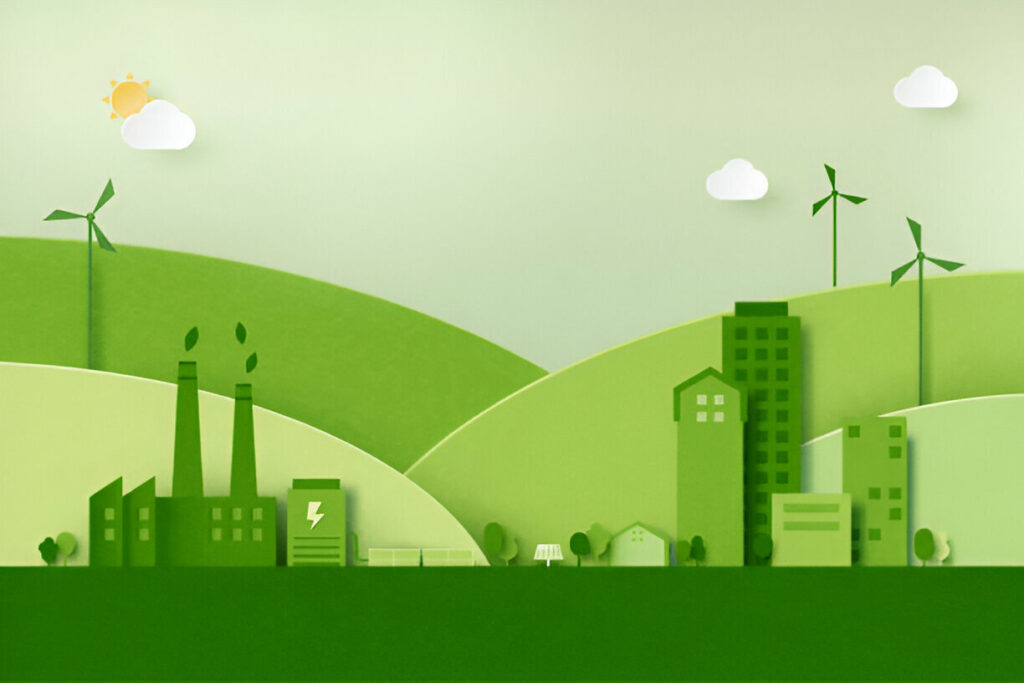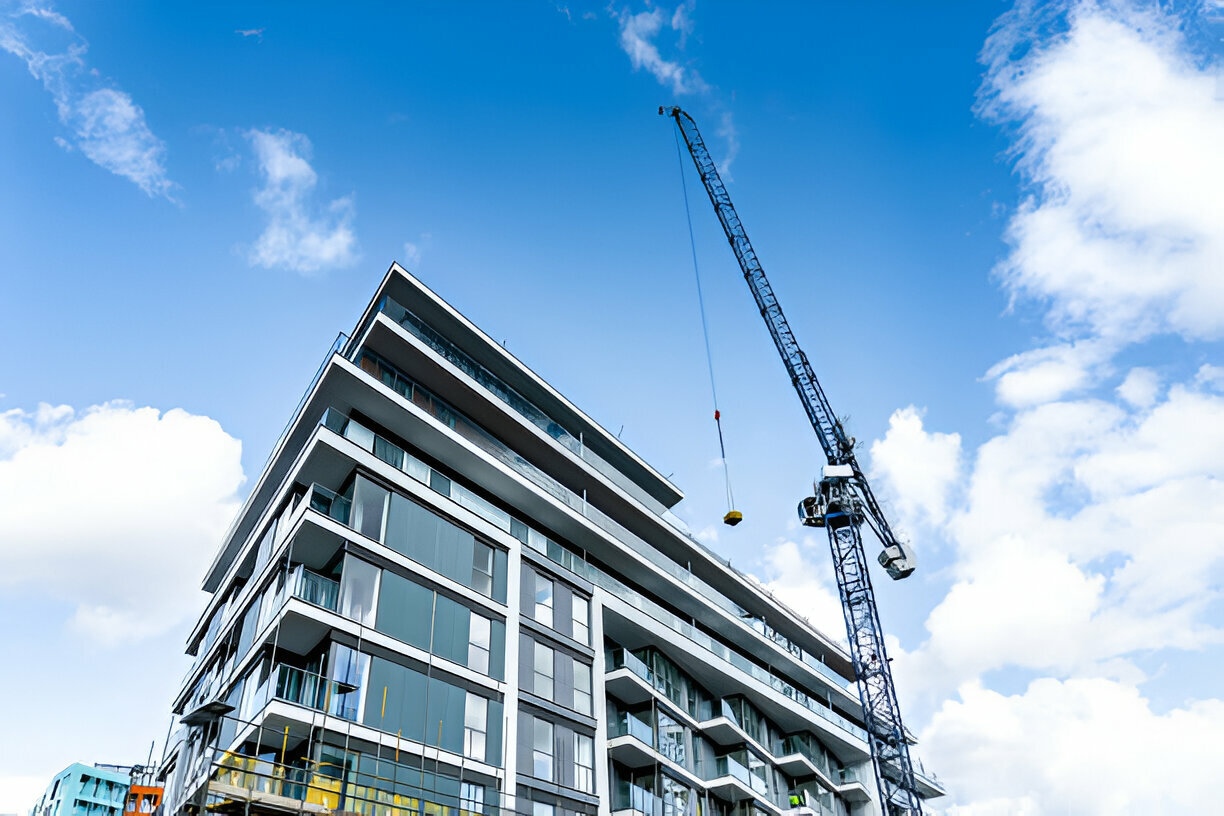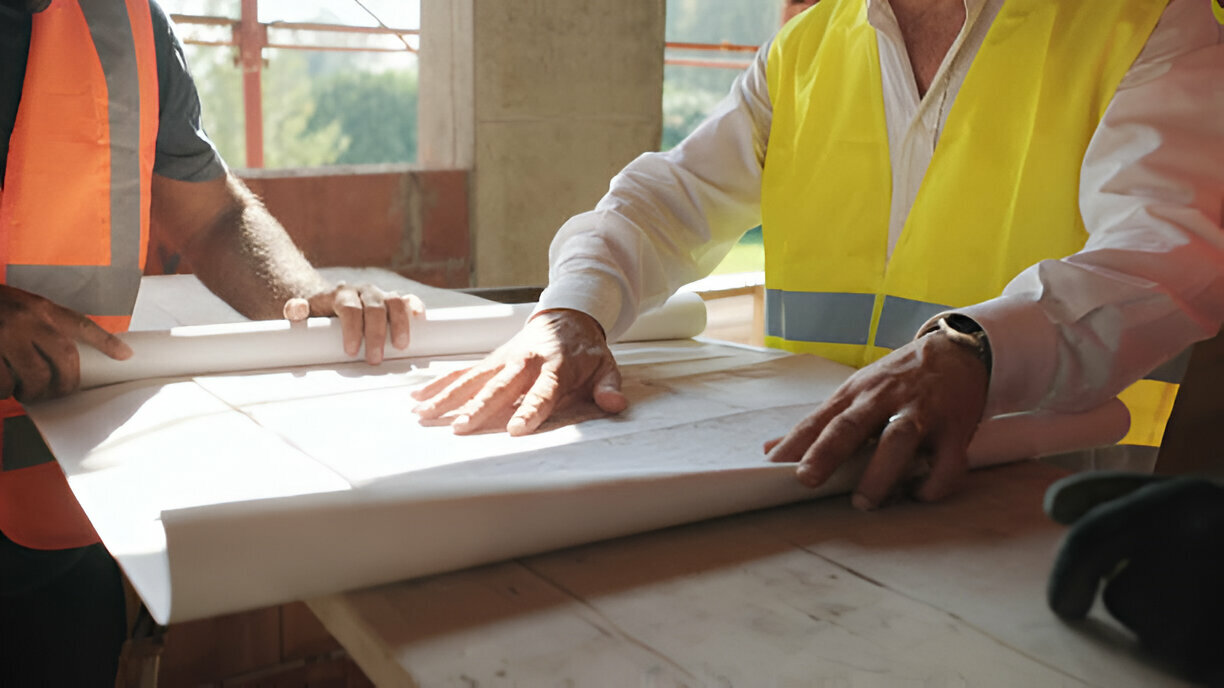Amid global environmental challenges, sustainable construction is urgently necessary to ensure a better future for coming generations. Buildings are no longer just shelters but have transformed into integrated systems that must harmonize with the environment.
The Importance of Sustainability in Construction:
- Reduces energy consumption by up to 40%
- Lowers carbon emissions from construction processes
- Optimizes water usage and preserves natural resources
- Enhances the quality of life for building occupants
Leading Sustainable Construction Technologies:
- Advanced Thermal Insulation Systems:
- Use of natural insulation materials like rock wool
- Application of dynamic thermal insulation techniques
- Installation of double-glazed and advanced windows
- Renewable Energy Solutions:
- Photovoltaic solar energy systems
- Geothermal heat pumps
- Small-scale wind turbines
- Sustainable Water Management:
- Rainwater harvesting systems
- Greywater recycling technologies
- Installation of water-saving faucets and fixtures
Benefits of Green Buildings:
✔ Energy bill savings up to 30%
✔ Average 7% increase in property value
✔ Improved productivity in commercial buildings
✔ Reduced project carbon footprint
Challenges and Solutions:
Implementing sustainability standards faces challenges, including:
- 5-10% higher initial costs
- Shortage of local expertise in some technologies
- Need for specialized building materials
These challenges can be overcome through:
- Long-term financial planning
- Investment in local workforce training
- Collaboration with specialized suppliers
Conclusion:
Sustainable construction has become a fundamental standard in the global construction industry. Projects ignoring these standards today will lose competitive value tomorrow. The question is: Are you ready to adopt these practices in your upcoming projects?


